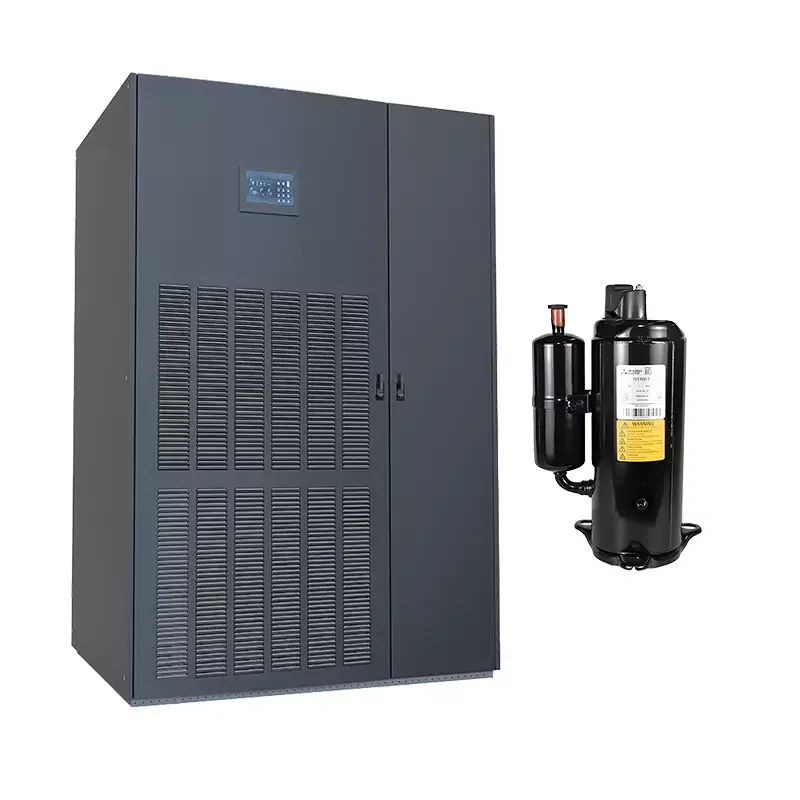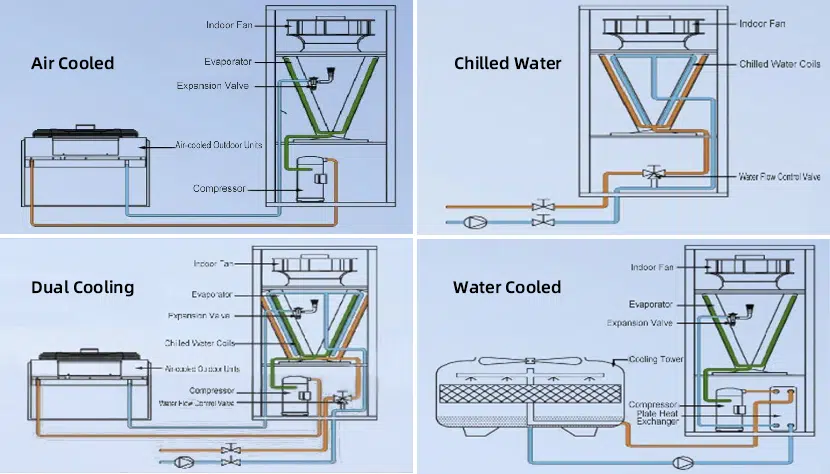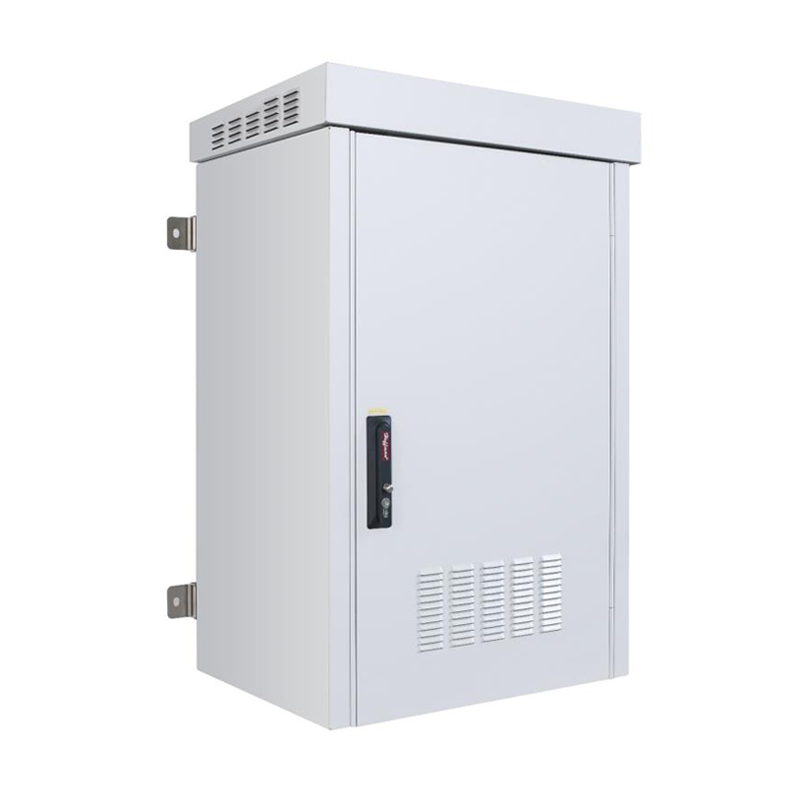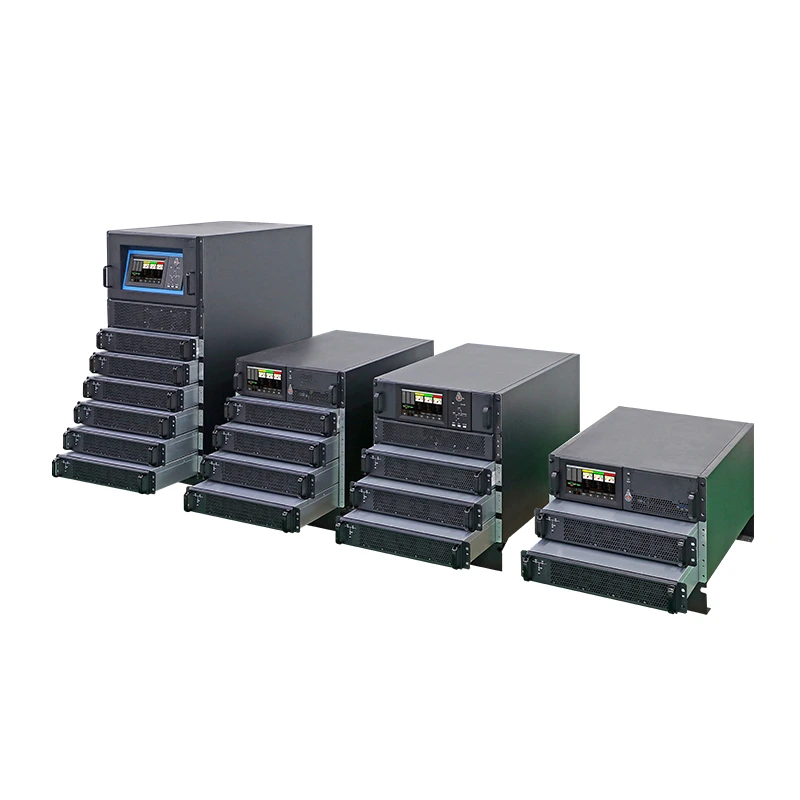Why Precision Air Conditioning is Essential for Data Center Performance & Efficiency
Release time: 2025-08-26
Table of Contents
In today’s technology-driven world, data centers play a crucial role in hosting information, supporting cloud services, and enabling digital operations for businesses worldwide. However, the reliable operation of data centers hinges on a key component: precision air conditioning. Unlike standard air conditioning systems, these specialized cooling systems offer highly controlled environments, which are essential for the performance and longevity of servers and sensitive IT infrastructure. This article explores why precision air conditioning systems are vital for data centers and how they can help prevent costly downtime and equipment failure.
Why Data Centers Need Precision Air Conditioning
Data centers house critical equipment that is sensitive to temperature and humidity fluctuations. Here’s why precision air conditioning is a must-have for data centers:
1. Efficient Temperature Control
Servers generate significant heat, and without proper cooling, overheating can lead to system failures. Precision air conditioning systems maintain an optimal temperature range (18°C–27°C) for data center equipment, preventing downtime.
2. Humidity Regulation
Moisture and static electricity are major threats to data center equipment. Precision cooling systems regulate humidity levels (40%-60%), ensuring equipment longevity and stable performance.
3. Energy Efficiency
Cooling costs account for a large portion of a data center’s operational expenses. Precision air conditioning uses advanced controls to optimize energy consumption, reducing costs and lowering the carbon footprint.
The Impact of Downtime in Data Centers
Revenue Loss
Downtime means lost sales and missed opportunities. It can cost businesses thousands of dollars per minute.
Reputation Damage
Frequent outages damage trust and harm a company’s reputation, impacting customer relationships.
Operational Disruption
Data center downtime disrupts business continuity and slows down internal workflows.
How Precision Air Conditioning Works in Data Centers
1. In-Row Cooling Units
By positioning cooling systems between server racks, in-row cooling targets heat sources, preventing hot spots and improving overall cooling efficiency.
2. Hot and Cold Aisle Containment
By separating hot and cold air, this containment strategy optimizes airflow and maximizes cooling efficiency, reducing energy consumption.
3. Precision Air Handling Units (AHUs)
Air handling units with variable frequency drives (VFDs) allow for dynamic fan speed adjustments, ensuring cooling is tailored to current needs.
4. Minimizing Air Leakage
Precision cooling systems reduce air leakage, ensuring that cooled air reaches its target without waste, increasing system efficiency.
Advantages of Precision Air Conditioning in Data Centers
1. Prevents Overheating
Maintains consistent temperature control, which is essential for avoiding server failure.
2. Built-in Redundancy
Redundant systems ensure cooling continues even in the event of a failure, minimizing downtime.
3. Scalability and Flexibility
As data centers grow, precision cooling systems can scale with them, easily accommodating new equipment.
4. Advanced Monitoring and Control
Real-time monitoring tools allow data center operators to track cooling performance and optimize system settings for efficiency.
FAQs
What is Precision Air Conditioning?
Precision air conditioning is a cooling system specifically designed to maintain a stable temperature and humidity level in sensitive environments, like data centers. It offers high-performance cooling to ensure optimal conditions for IT equipment.
How does Precision Air Conditioning improve energy efficiency?
Precision air conditioning systems use smart controls that adjust cooling based on real-time data, ensuring energy is only used when necessary. This reduces energy waste and operational costs.
What happens if a data center overheats?
Overheating can cause hardware damage, data loss, and downtime, leading to lost revenue and damaged business reputation. Precision air conditioning prevents these risks by maintaining stable temperatures.
How do in-row cooling units work?
In-row cooling units are positioned directly between server racks to cool the air where it’s needed most. This prevents heat from accumulating, maintaining an even temperature throughout the data center.
Conclusion
In an increasingly digital world, data centers must provide a stable environment for their critical infrastructure. Precision air conditioning systems play a pivotal role in ensuring these environments remain cool, energy-efficient, and free of downtime risks. These systems are energy-efficient and flexible, scalable, and equipped with advanced monitoring capabilities. Whether you’re operating a small server farm or a massive cloud data center, investing in precision air conditioning is essential to safeguard your operations.
Subscribe to our newsletter for the latest updates and best practices in data center cooling and energy efficiency.



